The fact that I grew up speaking multiple languages was always a source of fascination for people around me. Yet, the questions they asked were often the same — predictable and at times, frustratingly narrow. I truly believe every bilingual person has heard these at least once, and if you’ve ever asked a bilingual one of these, I promise you’re not alone:
Which language do you like most?
Which country do you like most?
Which language do you think in?
Which language do you dream in?
Can you say something in [insert language]?
Fascinating questions, I am sure, but to my younger self, these questions felt as impossible to answer as “Which parent do you love the most?” Raising a bilingual child often involves each parent speaking to them in a different language, as was the case in my family and I sensed that any response other than “It depends” or “Both” might upset someone. Even though these vague replies usually upset the person asking me questions.
Being bilingual also changed the way other questions were asked. Instead of the usual “What do you want to be when you grow up?” I would often hear “You’re going to be a great translator when you’re older!” as if simply speaking multiple languages automatically determined my career path. These kinds of assumptions made me feel as if my identity was being reduced to the languages I spoke. But even more than that, the polarising questions seemed to suggest that, at some point, I would have to choose between not just languages, but identities. And I did not want to.
I had lived in England and Spain for five years each when my parents made the difficult decision to move to Germany. What was supposed to be a temporary thing turned out to be long-term, and that gave my teenage self the perfect way of rebelling against this expectation. At some point, I was so tired of everyone asking me the same questions and never being happy with the answer, that I answered that I simply adored Germany and wanted to live there forever. Both not true and hurtful to everyone. But let’s be honest, no matter what “choice” I made, someone would have been shocked. That’s because bilingualism isn’t just about languages — it’s about identity — and asking a bilingual child to choose between languages or cultures will make them feel like they must renounce part of their identity in favour of another rather than embrace the richness of their background.
Now, as an adult, I’ve realized that most bilinguals answer these common questions in the same way we always have: with “It depends” or “Both.” But no longer out of fear of hurting anyone, simply because we now know we will never have to choose. To provide a little more insight, let’s explore them further:
Which language do you like most?
Many bilinguals have a preference for speaking or writing in one language over another, often because they are more proficient in it. I personally prefer to read English literature, which makes my vocabulary in English stronger. But does that mean I like English the most? Not necessarily. I often tell people that Spanish is more logical and efficient, and German has some of the funniest words. Each language has its strengths and weaknesses, which makes this question difficult to answer.
Which country do you like most?
This one is tricky because it depends on so many factors — landscape, culture, politics, people, food, and more. Also, for some reason, saying “I love Italy” never seems to be an acceptable answer! If I could take elements from multiple countries and combine them, I would.
Which language do you think in?
This is an easy answer and yet one that nobody is ever happy to receive. It depends on what I’m thinking about and where I am. Bilingual brains switch fluidly between languages, sometimes mid-thought.
Which language do you dream in?
Again, it depends. Dreams reflect experiences, so the language in my dreams shifts based on context. If the language and context do not match — such as when I dreamt I was speaking English to my Spanish grandfather — it feels so off that I will wake up confused.
Can you say something in [insert language]?
Of course I can, but this always feels awkwardly performative, like being asked to do a trick, and I also never know what to say. I’ll usually default to asking you what you want me to say, in said language. I never get an answer…
None of these common questions are necessarily bad, but they often oversimplify what it means to grow up bilingual. Worse, they can unintentionally make a child feel pressured to choose between their languages or cultures, which could lead them to reject part of their heritage. The solution? Change the questions! If you really want to engage with a bilingual child (or adult!), try asking more open-ended or thought-provoking questions instead. Here are a few to consider:
Do you feel like a different version of yourself when you switch languages?
Is there a word in one of your languages that you wish existed in another?
Do you feel more connected to one culture than another?
How do humour and sarcasm translate between your languages?
How do you decide which language to use when talking to other bilinguals?
These questions often lead to surprising and insightful answers. Many bilinguals do feel different depending on the language they use, and it’s fascinating to explore why. By shifting the focus from choosing to exploring, we can also help bilingual children embrace all aspects of their identity — without the pressure of picking just one.


Leave a Reply